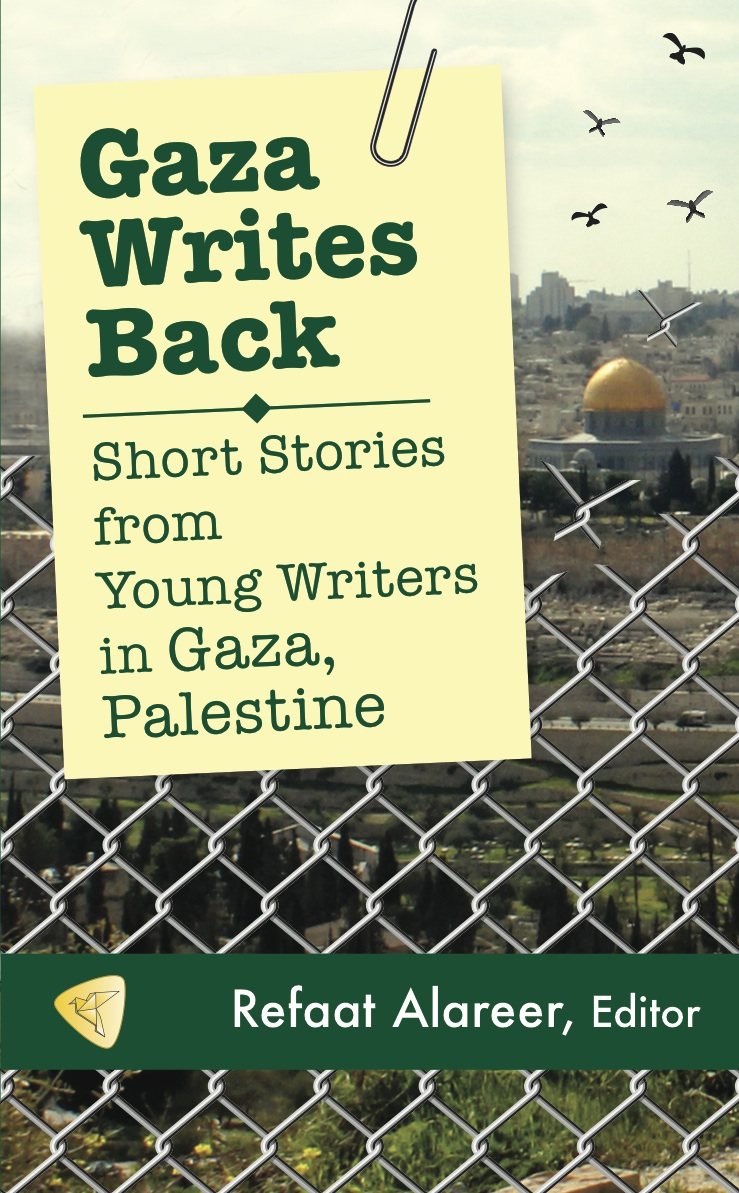-
Five demonstrators injured in violent Nabi Saleh protest
29th December 2013 | International Solidarity Movement, Ramallah Team | Nabi Saleh, Occupied Palestine On Friday 27th December, during the weekly demonstration in Nabi Saleh, Israeli forces raided the town with a “skunk” (chemical) truck, fired large amounts of tear gas canisters and shot rubbed-coated steel bullets at unarmed protesters. Five people were injured by rubber-coated […]
-
Five Years After the Cast Lead Operation: ‘Gaza Writes Back’
28th December 2013 | Arabic Literature (in English), M. Lynx Qualey | Cairo, Egypt It was five years ago that Cast Lead began. Now a book of short stories, Gaza Writes Back, marks the anniversary. The book’s editor, Refaat Alareer, answers questions about the collection: ArabLit: How did the idea for this collection come about? How did you put out the call […]
-
Why does Israel treat Gaza farmers sowing wheat by hand as military targets?
28th December 2013 | International Solidarity Movement, Charlie Andreasson | Gaza, Occupied Palestine December is the time for farmers in the Gaza Strip to sow. But for those with fields near the Israeli separation barrier, it is highly dangerous. Sure enough, we were met by news that an 18-year-old was shot an hour earlier when […]
Action Alert An Nabi Saleh Apartheid Wall Arrests BDS Bethlehem Bil'in Cast Lead Demonstration Denial of Entry Ethnic Cleansing Farmers Gaza Global Actions Hebron House Demolition International law Israeli Army Jerusalem Live Ammunition Nablus Ni'lin Prisoner Ramallah Rubber-coated steel bullets Settlement Settlers Settler violence Tear-Gas Canister Video



